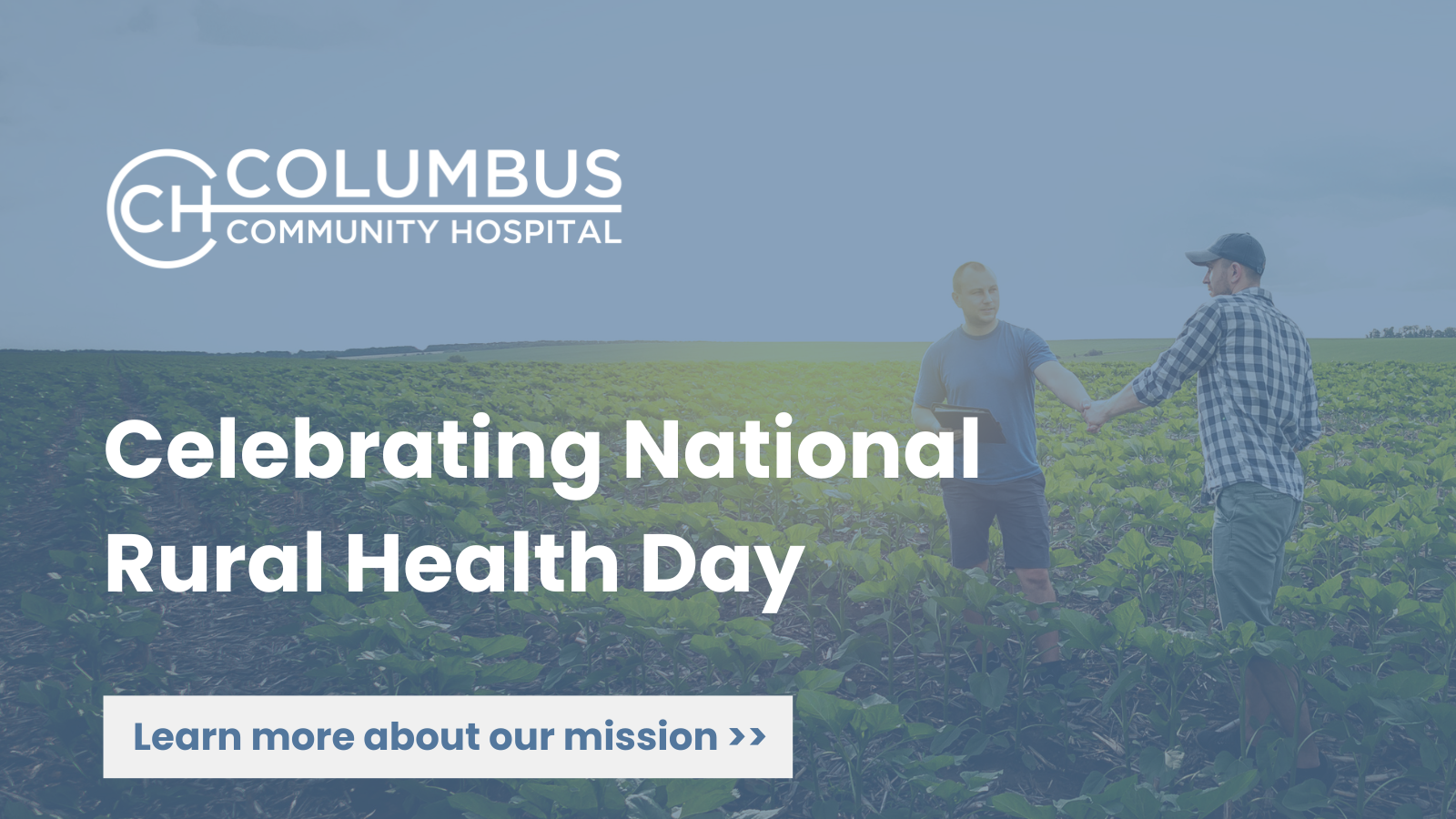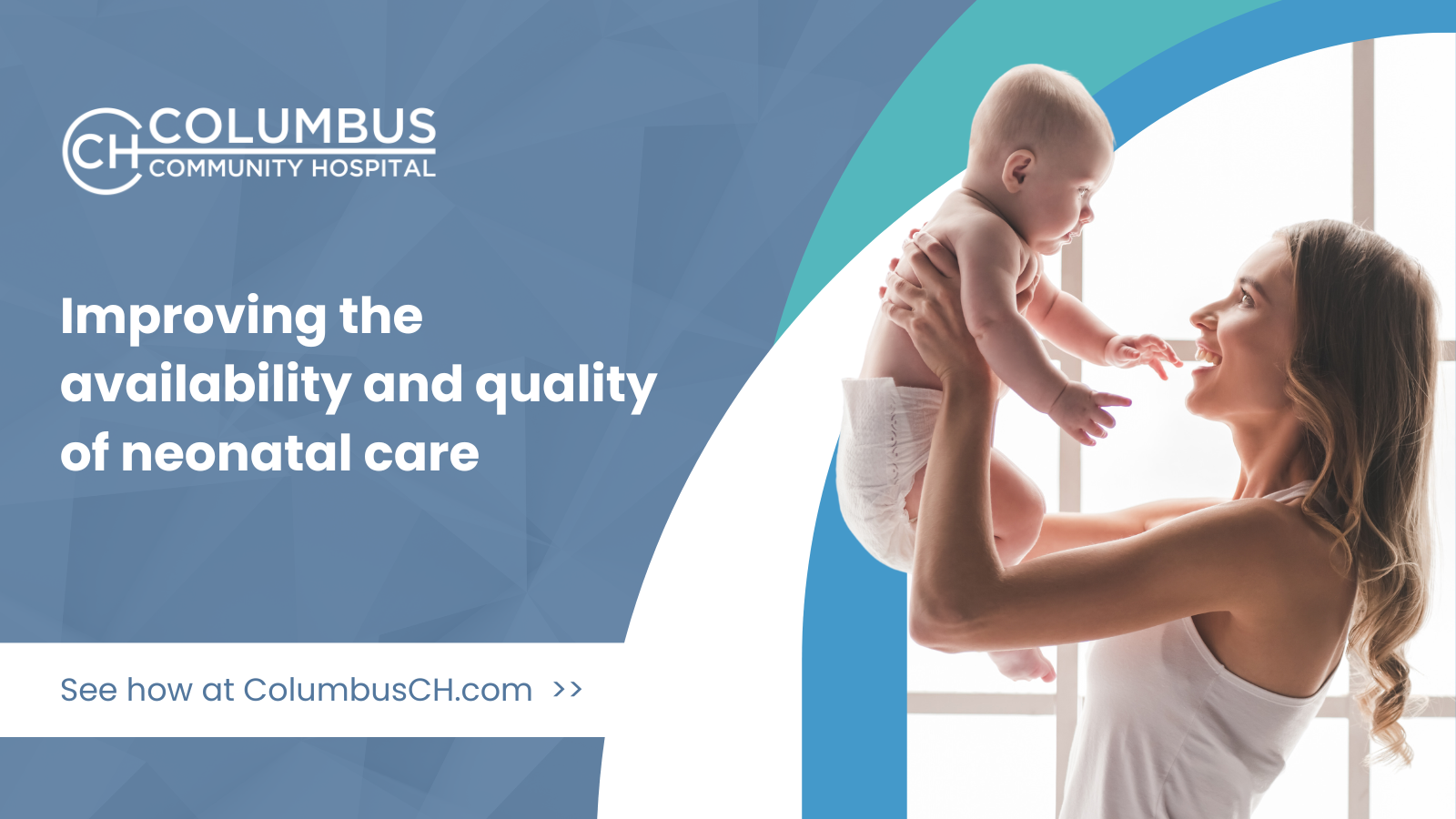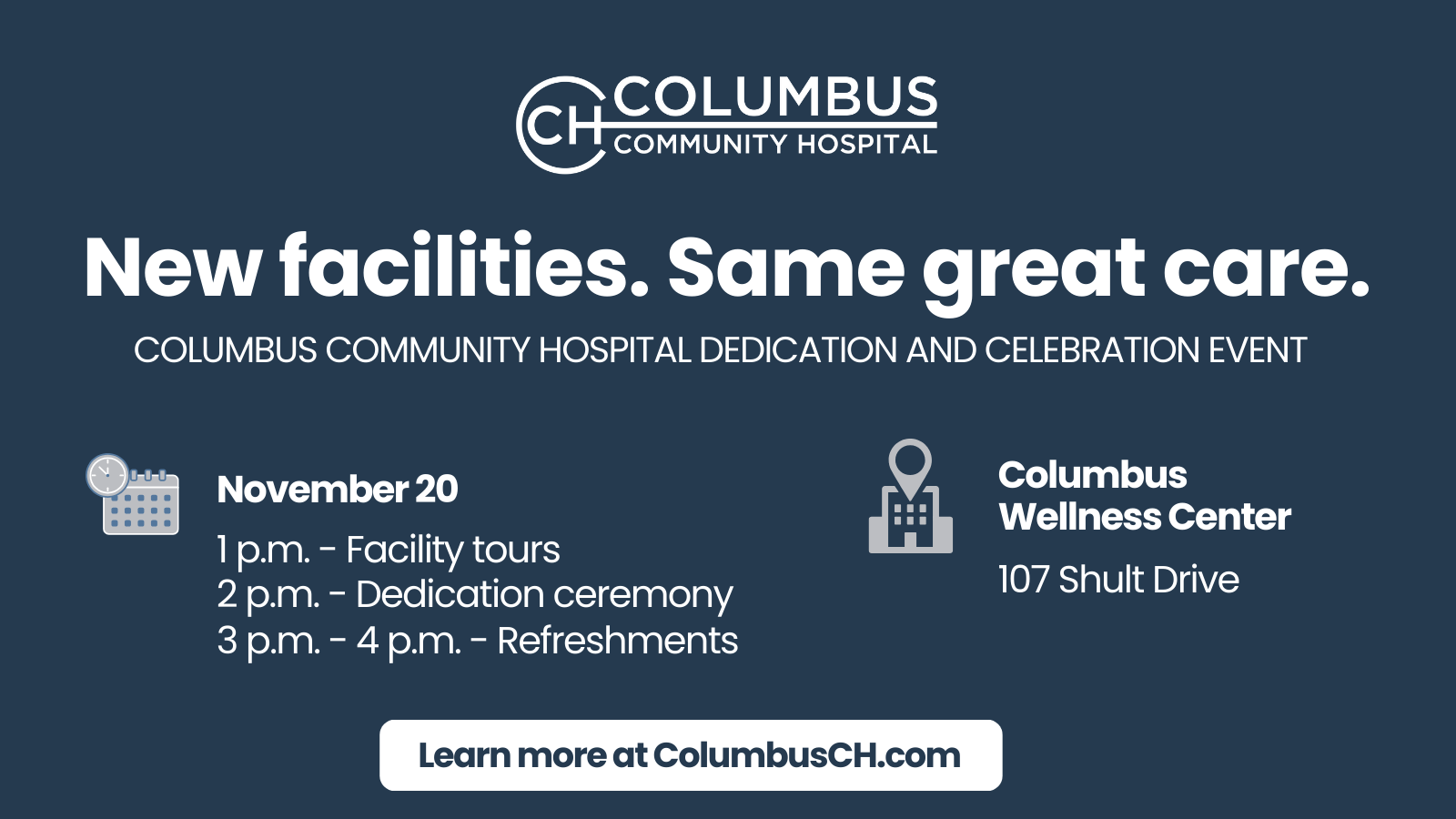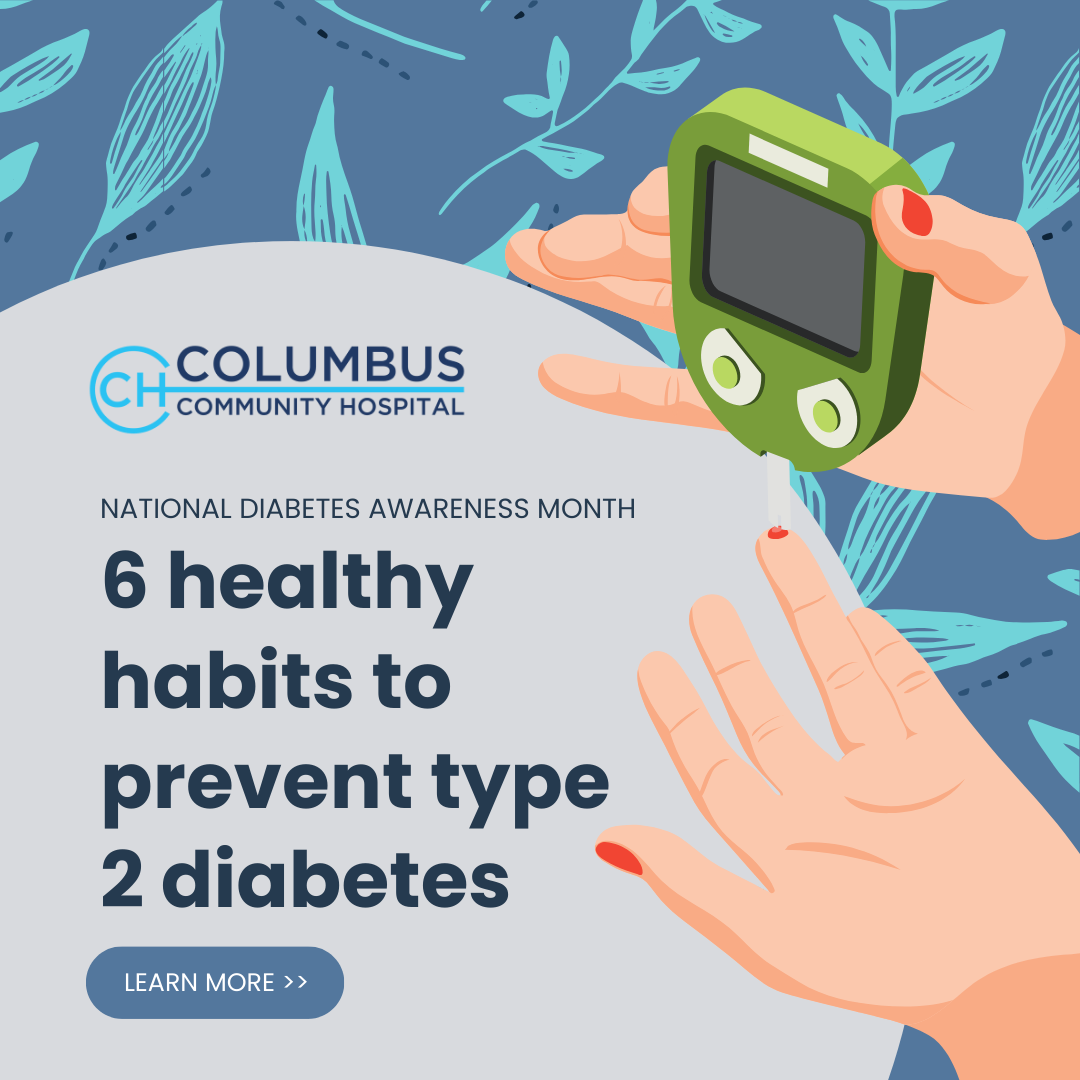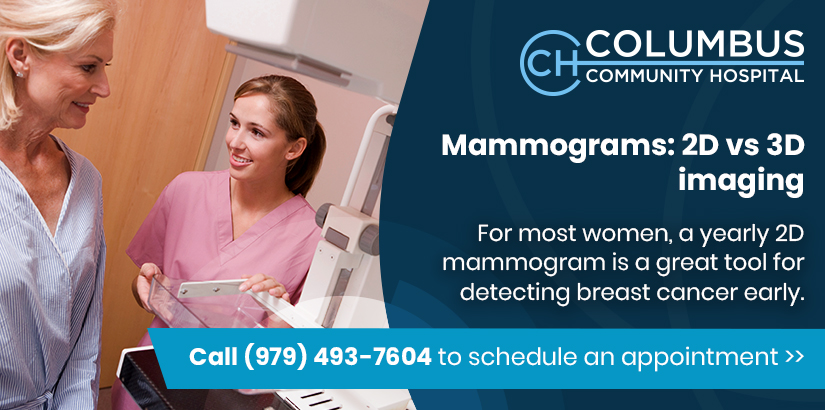Oncology researchers shine light on millions saved through early intervention
Cancer screenings save lives. That simple truth is underscored by a recent study published in JAMA Oncology, which highlights how prevention and early detection efforts have averted millions of cancer deaths over the past 45 years. For facilities like Columbus Community Hospital, this groundbreaking research reinforces the importance of proactive health care — and offers a compelling call to action for patients to prioritize their screenings.
Our mission is to provide proactive, patient-centered care that saves lives, and research reinforces the importance of prevention and early detection to make a tremendous difference. We’re proud to offer many of these vital screenings locally for our community’s convenience.
Key Findings from the Study
Researchers from the National Cancer Institute analyzed mortality data for breast, cervical, colorectal, lung, and prostate cancers, finding that prevention and screening collectively averted 80% of potential deaths from these cancers between 1975 and 2020. This equates to nearly 6 million lives saved.
In a statement for Becker’s Hospital Review, Dr. Katrina Goddard, co-lead investigator of the study, said their research backs up the idea that screening is primarily responsible for cancer survival following diagnosis and treatment.
“Although many people may believe that treatment advances are the major driver of reductions in mortality, the surprise here is how much prevention and screening contribute to reductions in mortality,” Dr. Goddard said.
Why Screening Matters
For patients at CCH and beyond, the study’s findings provide clear evidence of the lifesaving power of screenings:
- Breast Cancer: Of 2.71 million potential deaths, 1 million were averted. While treatment advances played a significant role, mammography screenings accounted for 25% of the lives saved.
- Cervical Cancer: Screening and the removal of precancerous lesions prevented 160,000 deaths—a testament to the power of early detection.
- Colorectal Cancer: Of the 3.45 million possible deaths, nearly one million were prevented thanks to screenings and the removal of polyps.
- Lung Cancer: Tobacco prevention efforts and early detection through screening averted 3.45 million deaths.
- Prostate Cancer: PSA testing helped prevent 360,000 deaths, demonstrating the value of regular screenings.
Overcoming Barriers to Screening
Despite these encouraging statistics, many patients delay or avoid screenings due to fear, stigma, or misconceptions about their necessity. For our community, logistical challenges or a lack of convenient access to care can also be barriers. However, our closeness to patients and a dedicated healthcare team makes it easier than ever to schedule lifesaving screenings close to home.
A Call to Action
Columbus Community Hospital is committed to supporting our community with comprehensive cancer prevention and screening services. Whether it’s a routine mammogram, a colonoscopy, or PSA testing, our team is here to provide the care and guidance you need to stay healthy.
Don’t wait to take control of your health. Schedule your cancer screenings today and join the millions of individuals who have already benefited from prevention and early detection. Together, we can continue to save lives.
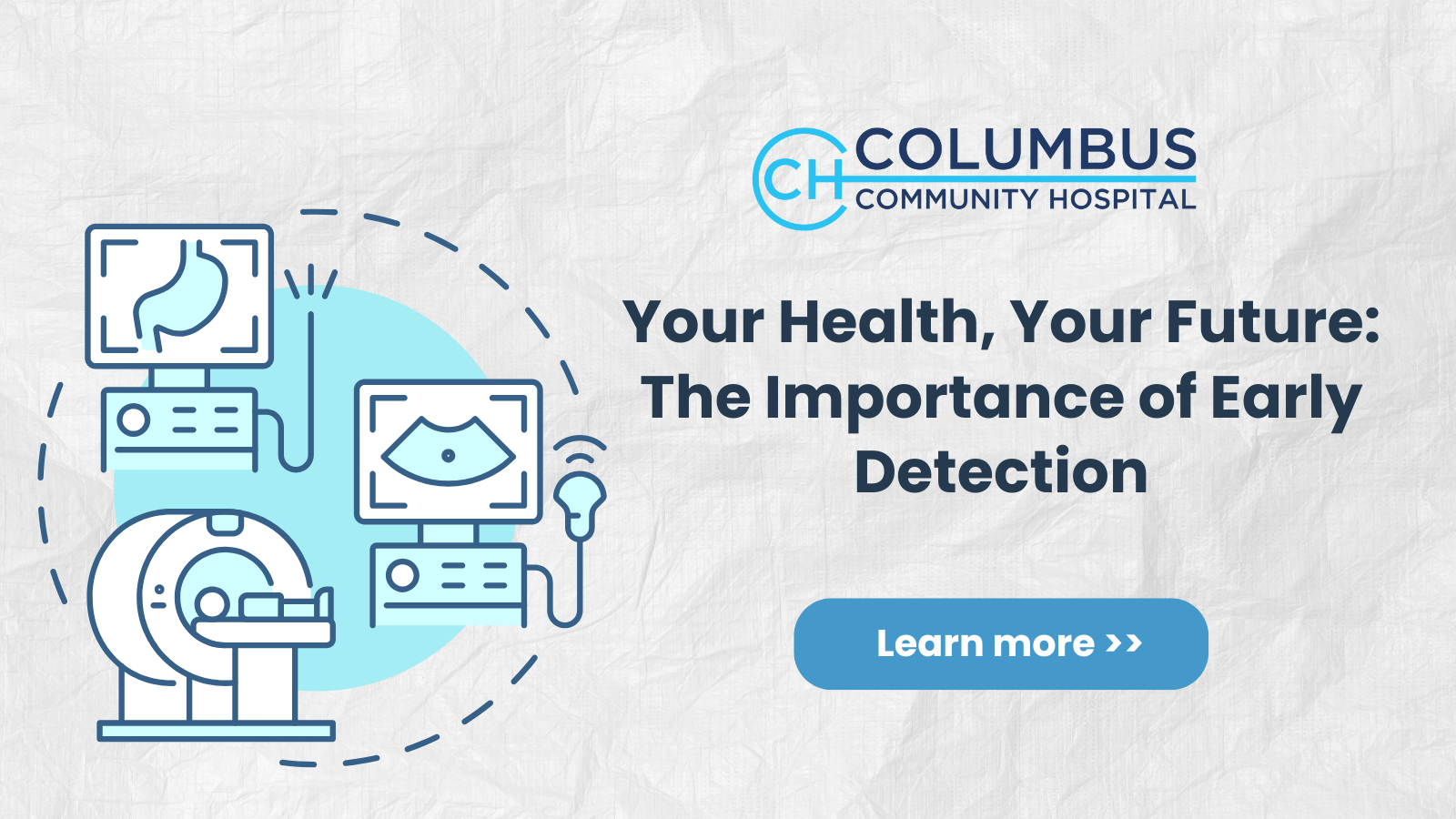
Celebrating National Rural Health Day
November 16 is National Rural Health Day, an opportunity to
5 Benefits of Working Out With a Personal Trainer
Say goodbye to giving up on your fitness plan.
Columbus Community Hospital Earns Level I Neonatal Care Designation
Columbus Community Hospital has earned a Level I Neonatal Facility
Columbus Community Hospital to Celebrate New and Expanded Facilities With Public Dedication and Celebration Event
Columbus Community Hospital will celebrate the completion of its multi-year
November is National Diabetes Awareness Month
November is National Diabetes Awareness Month, a call for awareness
The Difference Between 2D and 3D Imaging for Mammograms
2D and 3D mammograms represent the two main forms of

